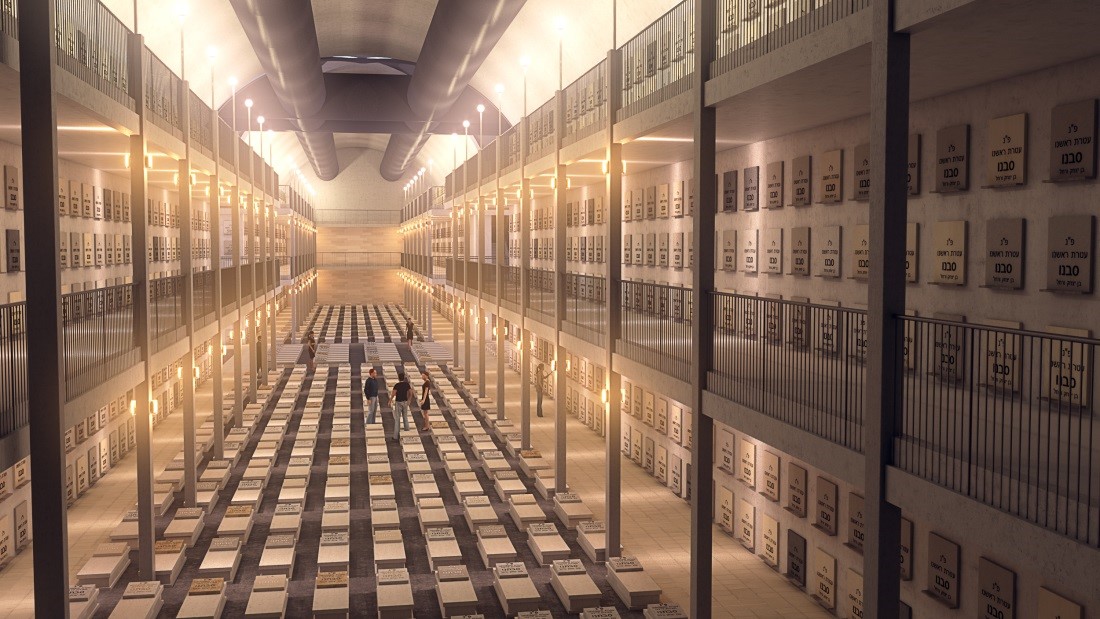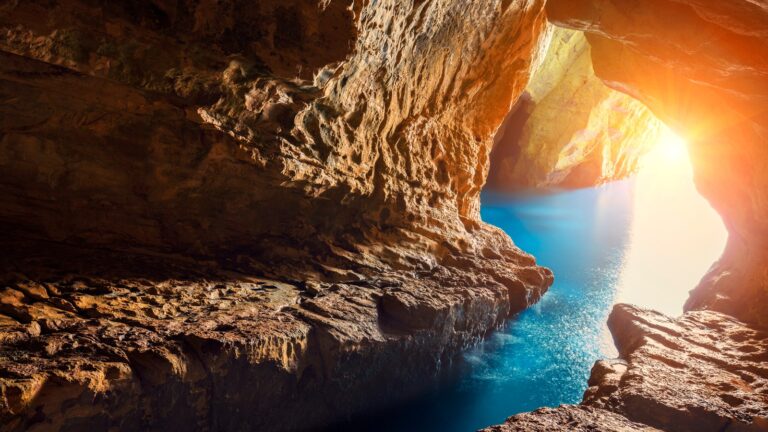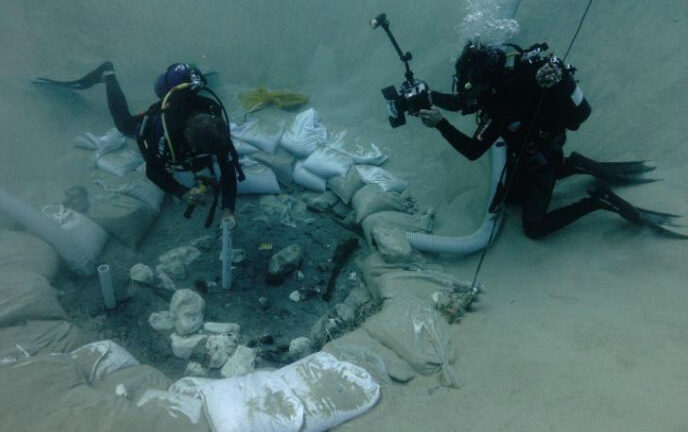When you think of tunnels in Israel, you tend to imagine the archaeological tunnels under the Western Wall in Jerusalem or the tunnels Hamas has built from Gaza. If you’re a transportation buff, the new tunnel being built at the entrance to Jerusalem for the Tel Aviv fast train might come to mind.
Here’s one more tunnel to capture your imagination: an underground cemetery.
Israel is among three finalists for a competition sponsored by the International Tunneling and Underground Space Association (ITA-AITES), to be awarded in Paris at the third annual Tunneling Awards event on November 15, 2017.
Israel’s entry is in the “Innovative Underground Space Concept” category.
According to Israel’s proposal, Jerusalem would “maximize vertical land use” by building “burial tunnels below existing cemeteries.” The proposed project would ultimately include 22,000 tombs.
It’s not as creepy as it sounds – Jerusalem has been short on space to bury its dead for many years now. The city’s main cemetery is already a multi-story structure where visitors have to take the stairs to get to their loved ones’ grave. Why not build down, too? Plus an underground cemetery can be visited in any type of weather, cold or hot.
“Subterranean cemeteries are an important tool in reshaping urban areas to meet the challenges of the future without destroying heritage or worsening the surface environment,” the ITA-AITES release explained.
Award or not, the Jerusalem underground cemetery is in advanced planning stages. The city estimates it needs 4,400 new graves per year. The area for the project will comprise 578 dunams, with 1,250 graves allotted per dunam. That’s compared with the current density of 320 graves per dunam.
The central pit of the subterranean cemetery will be 50 meters deep – the height of a 15-floor building – and access to the graves will be via three elevators that hold 90 persons each. There will be five main entrances.
The other finalists for the ITA-AITES award are a 12,000-square meter intermodal underground transit hub in Istanbul, Turkey, and a master plan in Hong Kong to build 48 underground “caverns” that can be used for food and wine, archives and data, research laboratories or vehicle parking.
The first two Tunneling Award evenings attracted more than 450 attendees. There have been some 200 applications.
















